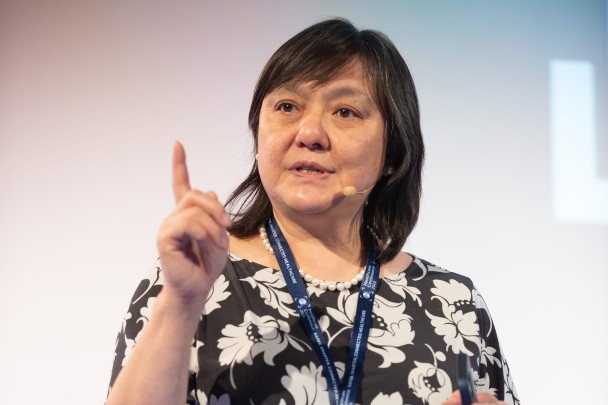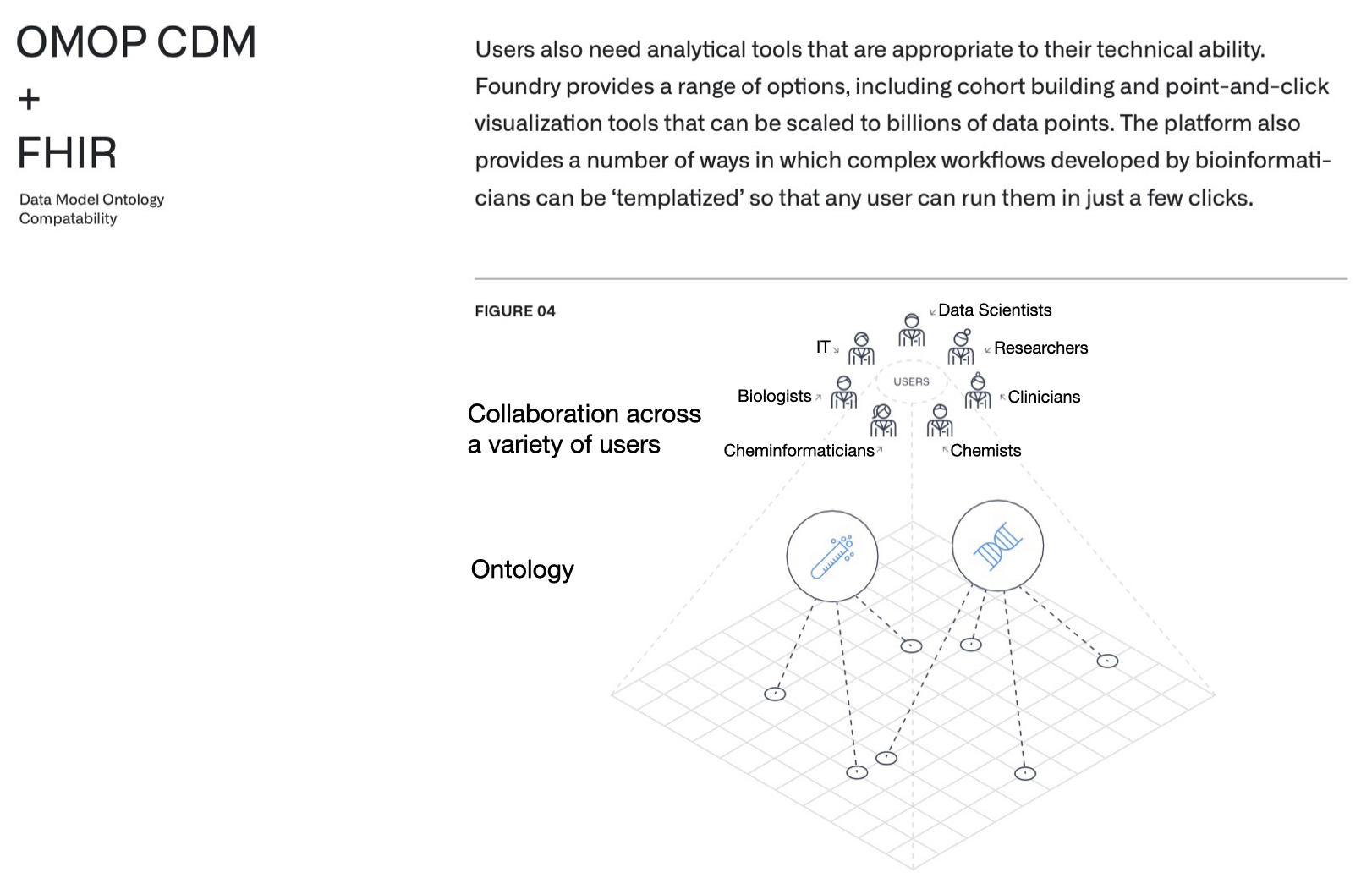

Satya Nadella might be the CEO of Microsoft, but he is also the unofficial poster child for what a Chief Data and Information Officer should be. Jacky Wright, formerly Microsoft’s CDIO in the US and now McKinsey’s Chief Technology and Platform Officer, carries similar weight. Atif Rafiq, who injected digital into both Volvo and McDonald’s, proved transformation does not stop at the drive thru. Mike Bracken, the UK government’s first CDIO, deserves credit for hauling Whitehall into the digital century, one API at a time.
These are the names that shape how we think about data-driven leadership. Ask most people to name a CDIO from the NHS, and you get a long pause, or a grimace at the memory of the National Programme for IT, a well-funded cautionary tale that still echoes down the corridors of policy.
Quietly, almost sotto voce, the NHS has been staging a transformation of its own. At its centre stands Ming Tang, the first CDIO of Asian heritage and the sixth woman among the last eleven CDIO appointments. It is an understated milestone, the sort that changes an institution before the institution quite realises it.
As the NHS’s Chief Data and Information Officer, Tang has become the architect of a new digital foundation for the health service, and perhaps its best chance at dragging public healthcare into the modern age. Her creation, the Foundational Data Platform, now sits beneath the NHS App’s expansion, the rise of AI-powered diagnostics, and the national Safe, Predictive, Responsive strategy. Where others see spreadsheets, she sees systems that free up hospital beds, lighten the load on clinicians, and let the NHS finally learn from its own data.
Tang’s domain is not a tidy government office with a handful of analysts. It is a £1.8 billion digital ecosystem with 4,000 staff and more than 300 vendors. She runs it with the precision of a commercial operator, transparent, data-driven, and allergic to bureaucracy. In a system often paralysed by process, she makes progress look methodical, even inevitable.
Those who have met her describe the same thing, quiet authority. At first she is polite, measured, unassuming. Mention NHS data, and the temperature in the room changes. The vocabulary sharpens, the energy lifts. Suddenly, you see the engineer beneath the diplomacy.
If you have used the NHS App to renew a prescription, Ming Tang is somewhere in the code. If you are a hospital chief executive trying to transform care through national data, she is the one making it possible. It is rumoured she runs on three hours of sleep, spending the rest of her day on strategy calls, system firefights, and conversations with leaders trying to decode digital change.
In a recent talk to NHS leaders, she put it plainly, “Data and the FDP can deliver significant transformation and savings for providers, and we are committed to making that happen for colleagues at pace and scale.” Then, with the candour that makes her distinct, she added, “I wake up and do this role for patients and for my colleagues. I don’t care for the limelight or power, I just want to do the best job in such a privileged role.”

It is not just rhetoric. A leaked internal report credits Tang with more than £300 million in ROI and savings for the NHS since taking on the role, largely through smarter use of data and the FDP’s scaling potential. The Department of Health and Social Care has brought in an interim Director General to support her, widely seen as a prelude to Tang stepping into the top job by next summer. Critics argue it is too soon for Tang, pointing to her limited time within the NHS and fewer CDIO posts than some rivals. That concern is fair, yet the results to date suggest she learns fast and delivers faster. If this is inexperience, the NHS could probably use a little more of it.
The NHS has long been a paradox, a system built on world-class science and stone-age software. Digital transformation has too often meant more consultants, more committees, and very little transformation.
Ming Tang’s leadership hints at something different, a shift from reports to results, from pilots to platforms. She is building not just technology but trust, turning the NHS’s data into a national asset rather than a bureaucratic burden.
If she succeeds, the future of digital health in Britain will not look like Silicon Valley transplanted into a hospital. It will look like something rarer, a public institution that finally learns how to think, act, and evolve like a digital organism, human at its core, powered by data.
And that, frankly, would be revolutionary.